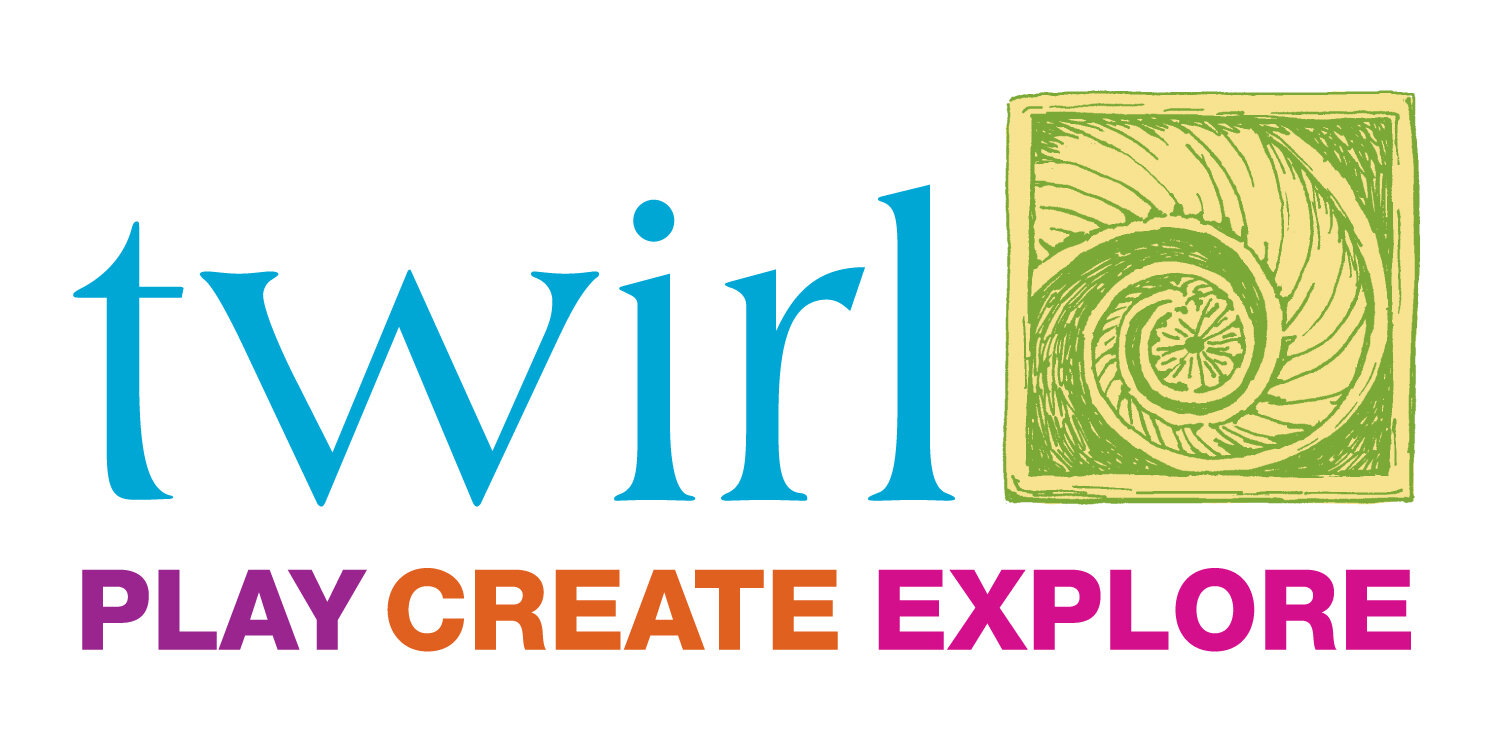Theater Explorations
MASKS ON STAGE THEN AND NOW
VIDEO: OH THE DRAMA!
Masks have been used on stage for storytelling for a very long time. Actors use them to change into different characters and they can even be used for voice projection. Join Amber and Liana in a quick journey through the history of theatrical masks as they go to the theater in Ancient Greece, Japan and Renaissance Italy and meet a maker of theatrical masks in the modern day!
See video credits here
Explore More
POSSIBLE THINGS TO TALK ABOUT:
PreK - 5th Grade:
Have you ever seen a performance where the actors wore masks?
Have you ever worn a mask for dress up or for a play? How did it make you feel?
What happens if you change your voice, posture or attitude while wearing a mask?
Why do you think people in a performance and in theatre wear masks?
Which mask did you like the best in the video?
If you wear different masks, do you think they make you feel different?
3rd - 5th Grade:
Would a mask give you power you wouldn't have without it?
What does the word ‘character’ mean? Can you create a character? Who and what character do you want to be? Why?
Is there a difference between a mask you wear and a mask you paint on your face with make-up?
Is there a difference between wearing a mask for ritual purposes and for a theatre actor?
What are the different types of masks used in theater?
EXTENSION ACTIVITIES
PreK - 5th Grade:
Find a story book you like, read out loud and ask your students to act out one of the characters in the book while wearing a mask that is the character
Pretend Play. Choose a character: act like a Fairy, a Monster, a Fish, a Rock, a Horse, have one student act a character and ask the rest of the group to guess what or who they are. Use masks you’ve made or have for these characters.
Pretend Play with dress up clothes
How do characters from fables express their thoughts and feelings in comedy and tragedy plays? K-2 https://www.kennedy-center.org/education/resources-for-educators/classroom-resources/lessons-and-activities/lessons/k-2/aesops-fables-comedy--tragedy-masks/
3rd - 5th Grade
Study and research mask use in drama.
Write up a short play that uses masks that you have created for your characters - with 5 other students or a solo story told with masks. Why and what does a mask represent in your play.
Make masks for a story you have read and act the story out wearing the masks.
Compare and contrast the use of masks in theater in two ancient cultures or in a current culture and an ancient one. For example Greece and China or Broadway and Kabuki.
ADDITIONAL RESOURCES:
PreK - 5th grade:
Take a field trip to a children’s theatre
Take a field trip to an acting studio. Explore sound effects, fencing, acting and costumes! https://www.youtube.com/watch?v=-kiM9NXcEyQ
PreK drama and theatre arts in academic standards: https://www.cde.state.co.us/sites/default/files/documents/cpp/download/standards/prek_drama_in_high_quality_settings.pdf
A local art teacher and puppeteer who makes gorgeous puppets and uses them for storytelling. https://mianimamundi.wixsite.com/puppetry
3rd - 5th grade
A series of fun videos on the origins of theatre: https://www.youtube.com/watch?v=sNWrOuwzax8
Explore pantomime a form of acting: https://www.youtube.com/watch?v=oHY0TK4piwY
A fun theatre warm up “name game” : https://www.youtube.com/watch?v=PYbXdJEZhbA
Take a field trip to an acting studio. Explore sound effects, fencing, acting and costumes! https://www.youtube.com/watch?v=-kiM9NXcEyQ
Japanese Noh theatre mask article: https://www.cnn.com/style/article/japan-noh-mask-photography/index.html#:~:text=%22A%20Noh%20mask%20is%20the,they%20first%20face%20the%20mirror.%22
Drama with Children Resource Book for Teachers: https://cansuavci090102068.files.wordpress.com/2013/05/drama-with-children-resource-books-for-teachers.pdf
Celebrate Asia: a village of mask makers and dancers in indonesia: CNA Lifestyle https://www.youtube.com/watch?v=3f4Hzx_VJ1I

